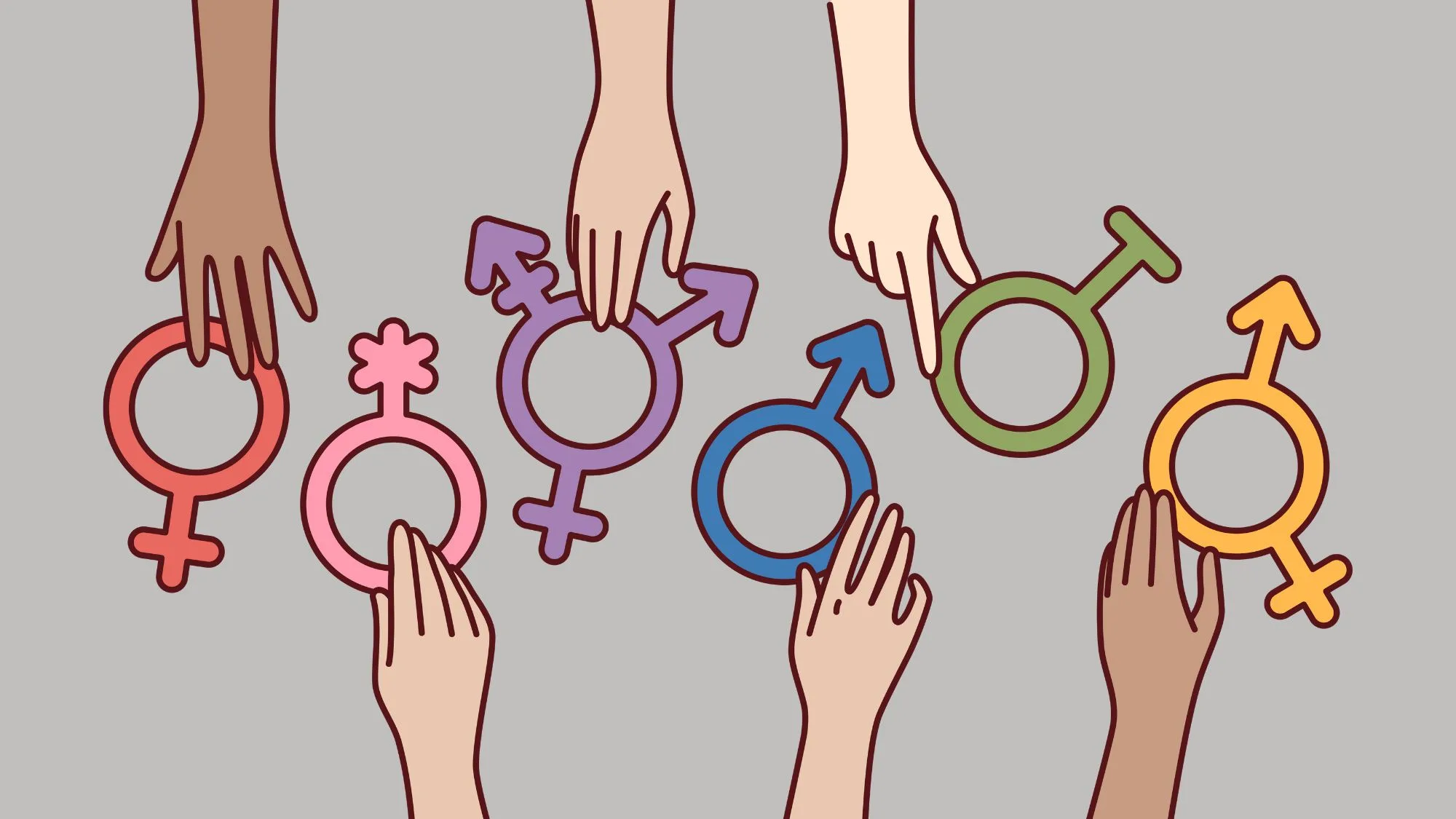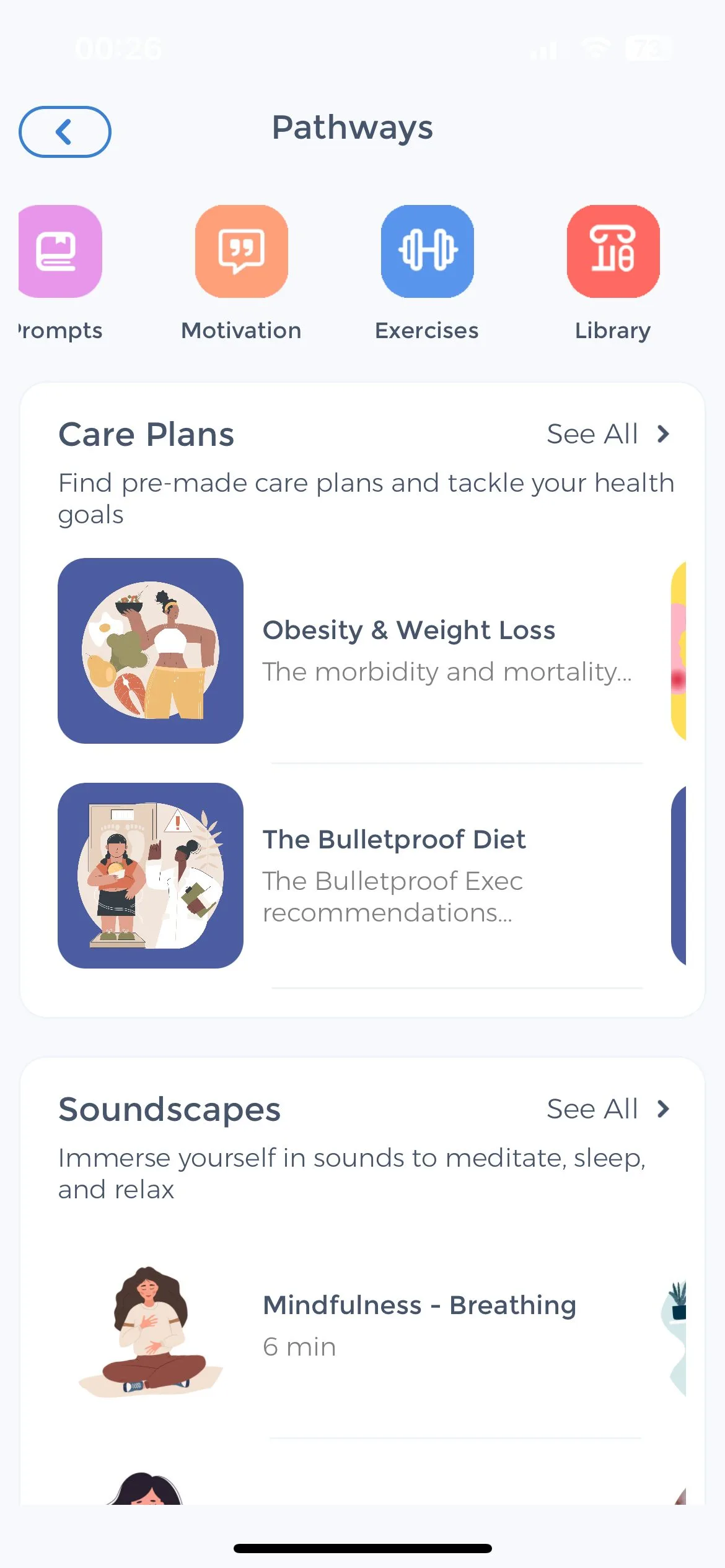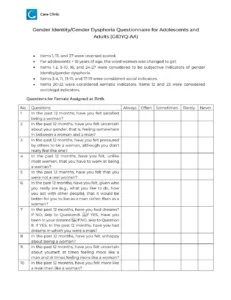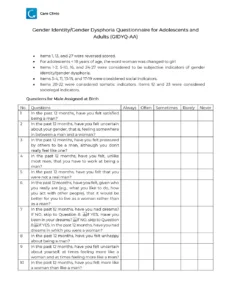
Understanding one’s gender identity is a journey that many individuals embark on. It delves into the core of one’s being, exploring and curious about how they relate to and identify with their own gender. In recent years, the concept of gender identity has gained significant attention in both scientific and social spheres. This article aims to provide insights into the concept of gender identity, the purpose of a gender identity test, its components, controversies surrounding such tests, and alternatives to consider.
Understanding the Concept of Gender Identity
Gender identity refers to an individual’s deeply felt sense of being born male, female, or another gender. It goes beyond the biological aspects associated with one’s assigned sex at birth and encompasses their innermost feelings, thoughts, and behaviors related to their genders. The understanding of gender identity has evolved over time, acknowledging that it exists along a spectrum rather than conforming to rigid binary categories of genders.
The Evolution of Gender Neutral Identity
Throughout history, societal norms have shaped perceptions of gender roles and expectations. However, in recent decades, there has been a growing body of recognition indicating that gender identity is not a category solely determined by one’s biological sex. Studies have highlighted that an individual’s gender is a complex interplay of biological, psychological, and social factors, making it more diverse and fluid than previously conceptualized.
For example, in many indigenous cultures, there have been long, free-standing traditions of recognizing and honoring individuals who embody both masculine and feminine qualities. These individuals, often referred to as Two-Spirit or Hijra, are seen as having a unique spiritual and social role within their communities. Their existence challenges the notion of a strict, male gender binary and highlights the rich diversity of gender identities across different cultures.
The Importance of Recognizing Individual Gender Identity
Recognizing, valid, and respecting an individual’s gender identity is crucial for fostering inclusivity and ensuring their well-being. It allows individuals to live authentically and reduces the burden of societal pressure to conform to traditional gender norms. Moreover, understanding and acknowledging diverse gender identities contribute to the overall mental health and self-acceptance of individuals.
It is important to note that gender identity is a deeply personal and individual experience. Each person’s journey of self-discovery and self-acceptance is unique. By embracing and affirming diverse gender identities, we create a more compassionate and understanding society where everyone can thrive.
The Purpose of a Gender Identity Test
A gender identity test can serve various purposes depending on the context in which it is created and used. In the realm of self-discovery and personal understanding, individuals may decide to undertake such tests to explore and validate their own gender identity.
Self-Discovery and Personal Understanding
A gender identity test can act as a tool for individuals who are questioning or exploring their gender identity. By answering thought-provoking and introspective questions, individuals can gain insights into their own experiences and feelings related to their gender. This self-reflection process can aid in building self-awareness and understanding.
Clinical Use and Psychological Assessment for Gender Identities
Beyond personal exploration, gender identity tests also have clinical applications. Mental health professionals may administer such tests as part of a comprehensive psychological assessment to evaluate gender dysphoria or related concerns. These assessments can help guide treatment plans and support individuals in their gender journey.
Moreover, gender identity tests can provide valuable information for researchers and policymakers. By analyzing the data collected from these tests, researchers can gain a deeper understanding of the diverse experiences of individuals across the gender spectrum. This knowledge can contribute to the development of more inclusive policies and practices that promote equality and respect for all gender identities.
Additionally, gender identity tests can play a crucial role in educational settings. Schools and universities may use these tests to create safe and inclusive environments for their students. By understanding the diverse gender identities within their student body and population, educational institutions can implement policies and programs that address the specific needs and challenges faced by different gender identities.
Components of a Gender Identity Quiz
A gender identity test typically comprises various components aimed at eliciting information and offering individuals a framework to reflect upon their gender identity.
When taking a gender identity test, individuals may encounter additional components that delve deeper into their personal experiences and perceptions. These components can include sections that explore the influence of cultural and societal factors on gender identity, as well as the impact of personal relationships and support networks. By examining these additional aspects, individuals can gain a more comprehensive understanding of how various factors shape their gender identity.
Types of Questions Asked
Gender identity tests often consist of a series of questions that explore an individual’s thoughts, feelings, and experiences related to genders. These questions can cover topics such as childhood gender exploration, discomfort with gender assigned and gender roles, aspirations for gender expression, and the impact of media representation on one’s gender identity. By examining these facets, individuals can gain a deeper understanding of their gender identity and how it has evolved over time.
In addition to these questions, some gender identity tests may also include open-ended prompts that allow individuals to express their thoughts, beliefs and feelings about same gender, in their own words. These prompts provide an opportunity for individuals to share personal anecdotes and reflections, offering a more nuanced and individualized perspective on their gender identity.
Interpreting the Results
Interpreting the results of a gender identity test requires careful attention to nuances and an understanding of the multifaceted nature of gender identity. It is essential to remember that these tests seek to serve as a starting point for self-reflection and exploration, rather than providing definitive answer. Guidance from mental health professionals can be instrumental in understanding and making meaning of the test results.
Furthermore, the interpretation of a person with gender identity test results should take into account the intersectionality of identities. Gender identity is not isolated from other aspects of a person’s identity, such as race, ethnicity, sexual orientation, and socioeconomic status. Understanding how these intersecting identities influence one’s gender identity and behavior can provide a more comprehensive understanding of how person identifies oneself.
Printable Gender Identity Test for Female (By Birth)
⬇️ Gender Identity Test for Female (By Birth) PDF Printable
Printable Gender Identity Test for Male (By Birth)
⬇️ Gender Identity Test for Male (By Birth) PDF Printable
Controversies Surrounding Gender Identity Tests
While gender identity tests can be helpful, it is crucial to be aware of the controversies and concerns associated with their use. Understanding the nuances and complexities surrounding these tests is essential in order to make informed decisions and promote inclusivity.
Accuracy and Validity Concerns
Some critics argue that gender identity tests may not accurately capture an individual’s experience or fully encompass the diversity of default intersex and gender identities. While these tests can provide valuable insights, they should not be seen as the sole determinant of one’s gender identity. It is important to recognize that gender is a deeply personal and multifaceted aspect of an individual’s identity, influenced by a range of factors such as culture, upbringing, and personal experiences.
Moreover, the validity of gender identity tests can be influenced by societal biases, stereotypes and norms. These tests may not adequately identify or account for the fluidity and complexity of only two genders to other gender identities, potentially leading to misinterpretation or misrepresentation of an individual’s true identity. Therefore, results should be interpreted with caution and in conjunction with other self-exploratory approaches, such as open and empathetic conversations with trusted non binary person or seeking guidance from qualified professionals.
Ethical Implications
Another aspect to consider is the potential ethical implications of gender identity testing. Privacy, consent, and confidentiality are paramount when administering any psychological test and quizzes. It is essential to ensure that individuals understand the intended purpose and potential ramifications of engaging in such tests and that they have access to appropriate support throughout the test process.
Furthermore, it is crucial to approach gender identity testing with sensitivity and respect. The process should be conducted in a way that affirms and validates an individual’s self-perception, rather than imposing external labels or expectations. It is important to create a safe and inclusive environment where individuals feel empowered and free to explore, have fun and express their gender identity without fear of judgment or discrimination.
Gender identity tests can provide valuable insights, it is important to approach them with caution and recognize their limitations. Understanding the complexities and controversies surrounding these tests allows us to foster a more inclusive and respectful society, where individuals are empowered to define and embrace their own unique intersex.
Alternatives to Gender Identity Testing
While gender identity quiz can provide insights into one’s identity and personality, they are not the only means for self-discovery and personal growth in this realm.
Professional Counseling and Therapy
Engaging in therapy with a qualified mental health professional who specializes in gender identity can be immensely beneficial. Therapists can provide a safe and supportive space for individuals to explore their gender identity, navigate challenges, and develop coping strategies. CareClinic offers a comprehensive directory of healthcare providers who specialize in gender identity-related concerns, making it a valuable resource for individuals seeking professional guidance.
During therapy sessions, individuals can delve into their personal experiences, emotions, and thoughts surrounding their sex and gender identity. Through open and honest conversations, therapists can help clients gain a deeper understanding of themselves and their unique journey. They can also provide guidance on how to navigate societal expectations, discrimination, and other challenges that may arise.
Self-Reflection and Personal Research
 Self-reflection and personal research play key roles in understanding and embracing one’s gender identity. By engaging in introspection, journaling, reading books, and connecting with supportive online communities, individuals can broaden their knowledge and gain insights into their own experiences. CareClinic’s community forum provides a platform for connecting with like-minded individuals who may share similar journeys and offer valuable support.
Self-reflection and personal research play key roles in understanding and embracing one’s gender identity. By engaging in introspection, journaling, reading books, and connecting with supportive online communities, individuals can broaden their knowledge and gain insights into their own experiences. CareClinic’s community forum provides a platform for connecting with like-minded individuals who may share similar journeys and offer valuable support.
Self-reflection allows individuals to explore their feelings, thoughts, and life experiences in a safe and private manner. It can involve asking oneself questions about life such as “What does genders mean to me?” or “How do I feel when I express myself authentically?” Journaling can be a powerful tool for documenting these reflections and tracking personal growth over time.
Additionally, reading books and articles written by experts in the field of gender identity can provide valuable information and perspectives. It can help individuals gain a deeper understanding of the diverse experiences and identities that exist. Online communities, such as CareClinic’s forum, offer a supportive space to connect and talk with others who may be going through similar experiences, providing a sense of belonging and validation.
Gender identity quiz can serve as valuable tools for personal exploration and clinical assessment. However, it is essential to approach these tests with an open and critical mindset, understanding their limitations and considering other avenues for self-discovery. Ultimately, each individual’s gender identity journey is unique, and finding supportive resources, like CareClinic, can enhance the overall experience of self-discovery and personal growth.
Download the CareClinic App to Document Experiences with Gender Expression
Embark on your journey of self-discovery and gender identity exploration with the CareClinic App. Our platform offers a private and secure way to journal your thoughts, track mood changes, and document your experiences with gender expression. The app’s features allow you to monitor the impact of different treatment modalities, such as hormone therapy or counseling, helping you to understand what works best for you. By consistently using CareClinic to manage your health and well-being, you can gain valuable insights and work towards improved health outcomes.
With the CareClinic App, you’re not alone in navigating your gender identity. Connect with a supportive community, set reminders for appointments and medication, and use the symptom tracker to observe trends over time. These tools are designed to support your unique path, providing clarity and control over your health journey. To take the first step towards a more empowered and informed self, Install App today and see the difference it can make.
Take Another Neurodivergent Test
Discover more assessment tests focusing on neurodivergent conditions. Access them by clicking here to view the complete set of tests.




